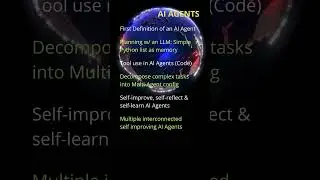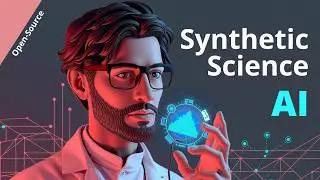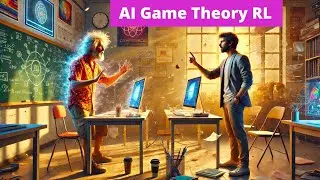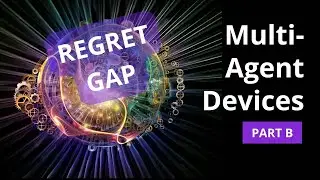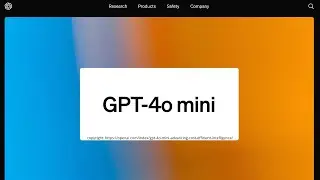From Documents to Vectors: ChatGPT's Technical Marvels with OpenAI's Plugins
Are you ready to dive into the technical aspects of OpenAI's powerful API and plugins? Join us as we embark on an exciting journey through real-time data retrieval with ChatGPT.
In this video, we delve into the concept of a vector database, showcasing how it stores the vector representation of external documents to enhance ChatGPT's capabilities. Discover various options for vector store, including open-source versions and commercial solutions, and witness their impact on data retrieval and analysis. Get ready for a captivating exploration of cutting-edge technologies and gain insights into the seamless integration of ChatGPT with real-world applications.
Technical aspects of OpenAI's API Endpoints (GPT-4, ChatGPT) and their role in real-time data retrieval with OpenAI's plugins. The future of AI? Short explanation of the concept of an API (Application Programming Interface) and how it facilitates communication between different software systems. OpenAI's retrieval plugin, which is built using FastAPI, a Python web framework, is highlighted. The plugin communicates with various elements such as databases, Google's Search API, YouTube's Data API, and the archive pre-print server, eg via ScholarAI.
Technical summary that a plugin consists of an API, an API schema, and a manifest, a JSON file that defines the plugin's metadata. OpenAI's retrieval plugin uses ADA-002 embeddings for semantic search, which is more complex than a simple keyword search but provides more relevant results.
OpenAI's plugin has four main API endpoints: upsert (for adding new documents to the vector database), upsert-file (for handling file uploads), query (for searching the vector database), and delete (for removing documents from the vector database).
The video presents the concept of a vector database, which stores the vector representations of documents. Open source Vector DB options such as Weaviate and Milvus are mentioned, as well as commercial solutions like Azure's Cognitive Search. The presenter emphasizes the importance of security, noting that both OpenAI and the vector database provider require authentication tokens.
At the end of the video a short overview of the concept of hybrid search, which combines "neural search" and index search (like TF-IDF) to provide more effective results for complex queries on GPT-4.
Concludes by promising to delve deeper into the flow of data between GPT-4, the OpenAI plugin, and Azure Cognitive Search in the next video.
#ai
#gpt4
#plugins













